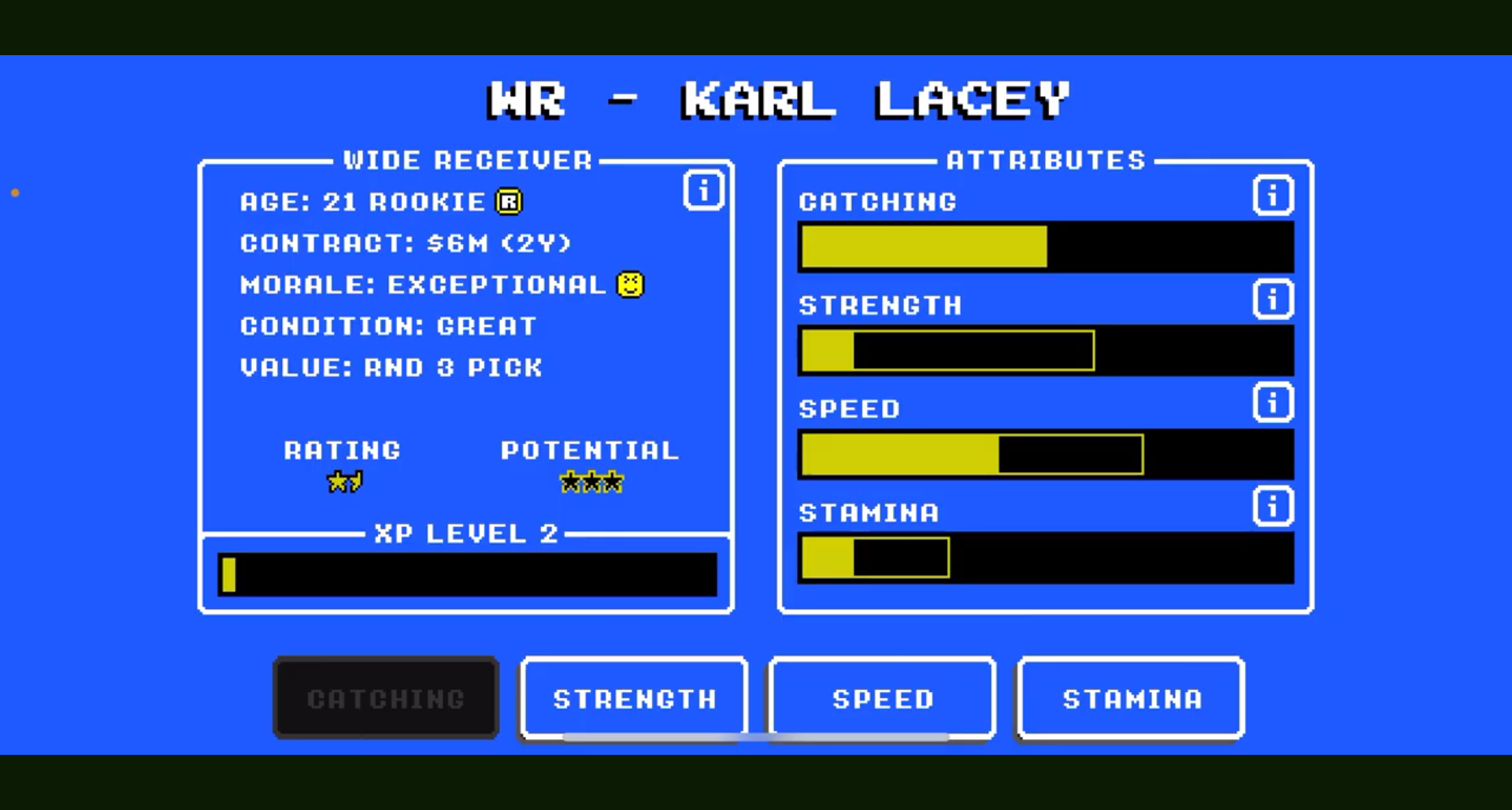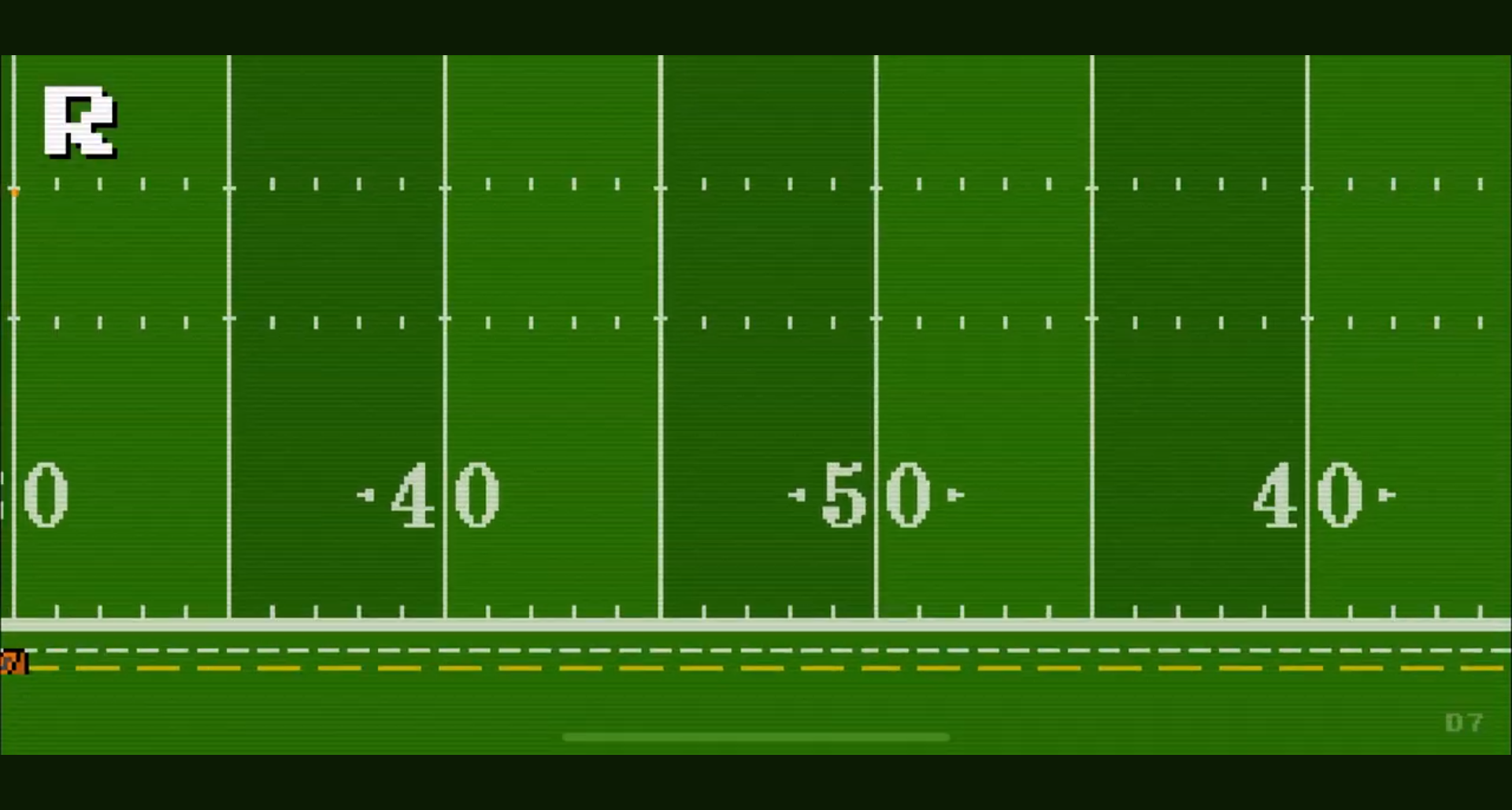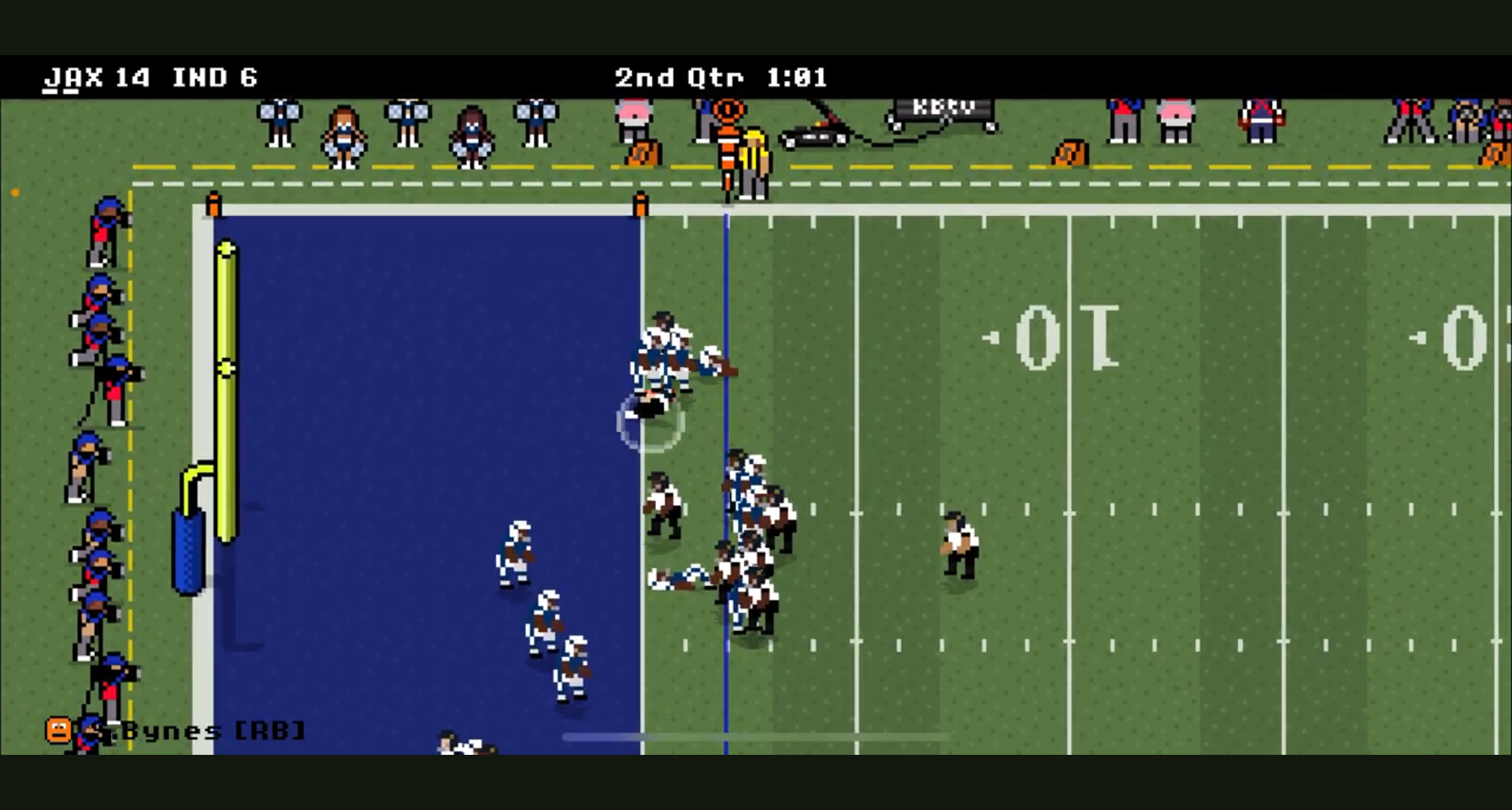Retro Bowl is not just another mobile football game; it encapsulates the essence of classic football while engaging players with its unique gameplay elements. One essential aspect of mastering how to do kick returns in Retro Bowl is understanding their importance in scoring and winning games. A well-executed kick return can set the tone for your team’s momentum and create scoring opportunities that can turn the tide in your favor. This article serves as your comprehensive guide to executing effective kick returns in Retro Bowl, focusing on techniques, strategies, and practice methods.
Understanding Kick Returns
What is a Kick Return?
A kick return is a feature in football where the receiving team attempts to advance the ball after receiving a kickoff from the opposing kickoff team. In Retro Bowl, it serves the vital role of transitioning from defense to offense, allowing players to take advantage of the field position gained from the kick. Understanding the fundamentals of kick returns can significantly impact your overall gameplay.
Key Goals of a Kick Return
When executing kick returns in Retro Bowl, players should keep several goals in mind:
- Gaining yardage to improve field position.
- Setting up offensive plays that can lead to scoring opportunities.
- Maximizing the potential to score directly from the kick return.
The Mechanics of Kick Returns
Timing and Positioning
Success in kick returns begins with properly timing the catch. Players need to identify the right moment to receive the ball to maximize their chances of breaking free. Positioning your player effectively on the field—closer to the middle rather than the sidelines—can increase the chances of finding open lanes for an effective return.
Catching Techniques
Proper catching techniques are crucial in how to do kick returns in Retro Bowl. Focus on improving your hand-eye coordination to ensure you catch the ball cleanly. Position your body to shield the ball from defenders and practice catching techniques under various conditions. You can enhance your catching ability through drills that incorporate moving targets.
Speed and Acceleration
During kick returns, speed is your best friend. Once you catch the ball, executing quick acceleration helps you capitalize on the moment. Use techniques like explosive starts and optimizing your foot placement to ensure you move swiftly. Agility is equally vital in navigating through would-be tacklers, so consistent practice can make a big difference.
Strategies for Successful Kick Returns
Finding the Best Lane
Analyzing the field during a return can lead to significant yardage gains. Look for lanes with less defensive pressure, and have the awareness to follow blockers effectively. Mastering the art of lane finding will enhance your capabilities and understanding of kick return dynamics in Retro Bowl.
Using Skill Moves
In addition to speed, incorporating skill moves can be game-changers. Overview of special moves include:
- Spin moves: Effective for evading one or more defenders.
- Juke moves: Useful for faking out defenders while maintaining control of the ball.
Practice these moves repeatedly and know when to apply them during a game to maintain momentum and control.
Reading Defenders
Being able to read the positioning of defenders can greatly enhance your return effectiveness. Spotting defender movements allows you to adjust your running path accordingly, making evasive maneuvers more successful. Developing this skill can elevate your overall gameplay in how to do kick returns in Retro Bowl.
Practice Drills for Improvement
Solo Drills
Some effective solo drills include:
- Setting up cones to track and catch the ball while running.
- Performing acceleration sprints to build speed and reaction time.
These drills not only build muscle memory but also help in improving overall agility.
Team Drills

Practicing kick returns with your teammates allows for simulation of real-game scenarios. Scrimmages focusing on kick return strategies will help players understand their roles better, fostering team communication and cooperation
.
Game Scenario Considerations
Assessing Game Situation
Understanding the game context is vital when performing kick returns. Key factors include the score, time left in the game, and current field position. These parameters shape your return strategy and can influence whether you should play conservatively or go for a big return opportunity.
Special Teams Role
Special teams play a crucial role in kick returns. The coordination and communication between players on special teams can either set up a successful return or lead to missed opportunities. Ensure you and your teammates practice together to develop chemistry, leading to improved chances of success.
Common Mistakes to Avoid
Poor Catching Technique
One of the most critical mistakes players make is mishandling the ball. Poor catching techniques can lead to turnovers, directly affecting your team’s performance. Consistent practice focused on secure catching will reduce mishaps during crucial game moments.
Lack of Focus on Blocking
Ignoring blocking schemes is another common oversight. Kick returns require teamwork, and having teammates on the same page can create essential opportunities for success. Encourage teammates to establish clear blocking strategies during practice sessions.
Overcomplicating Returns
Players may make the mistake of trying to do too much during returns, leading to confusion and indecisiveness. Keep your decision-making simple, allowing your instincts to guide your movements. This approach will lead to more successful outcomes during returns.
Conclusion
In conclusion, mastering how to do kick returns in Retro Bowl hinges on understanding the mechanics, strategies, and common pitfalls involved in the process. Practicing these techniques will undoubtedly lead to improved performance and greater success on the virtual field. We encourage you to implement these tips, share your experiences, and continue refining your skills. Your successful kick returns can be a game-changer!
| Key Points on Kick Returns | Importance |
|---|---|
| Gaining Yardage | Improves field position for offense |
| Setting up Offensive Plays | Can lead to better scoring opportunities |
| Effective Catching Techniques | Reduces chances of mishandling the ball |
| Team Coordination | Enhances blocking effectiveness |

Additional Resources
Video Tutorials
For visual learners, there are numerous video tutorials available that showcase effective kick return techniques in action, helping you grasp strategies intuitively.
Community Forums
Engaging with community forums can also boost your understanding of kick returns. Popular online communities have players discussing tactics, sharing experiences, and offering tips that can enrich your gameplay. Consider checking out places like the Retro Bowl subreddit.
Game Updates and Strategies
Stay informed about ongoing game updates that may influence kick return mechanics. As gameplay evolves, so should your strategies, ensuring you are always a step ahead.
Frequently Asked Questions
1. What should I do if I drop the ball during a kick return?
If you drop the ball, focus on regaining composure and analyzing your surroundings to avoid defenders while you recover.
2. How important is speed in kick returns?
Speed is crucial; it allows you to capitalize on the catch and evade defenders quickly.
3. Can I practice kick returns solo?
Yes, many effective drills can be performed solo to improve your catching and speed.
4. What are some advanced moves to learn for kick returns?
Advanced moves such as spin and juke can significantly enhance your effectiveness during returns.
5. How do I communicate with my teammates during a kick return?
Use verbal cues and practice teamwork in training to develop effective communication strategies.
6. Are there any unique kick return strategies?

Each team develops unique strategies based on player skills; adapting your style can mitigate defensive efforts effectively.
7. How do I read defenders to maximize my kick returns?
Analyze their positioning and movement patterns, allowing you to adjust your running path dynamically, optimizing your return.
8. Should I focus more on speed or agility during practice?
Both are essential, but aim for a balanced approach; a combination will enable you to evade tackles while maintaining speed.
9. What happens if I run out of bounds during a kick return?
Running out of bounds results in the ball being placed at the spot where you left the field, often hindering your field position.
10. How do block formations influence kick returns?
Proper blocking formations can strategically enhance your return opportunities, allowing you to gain maximum yardage.